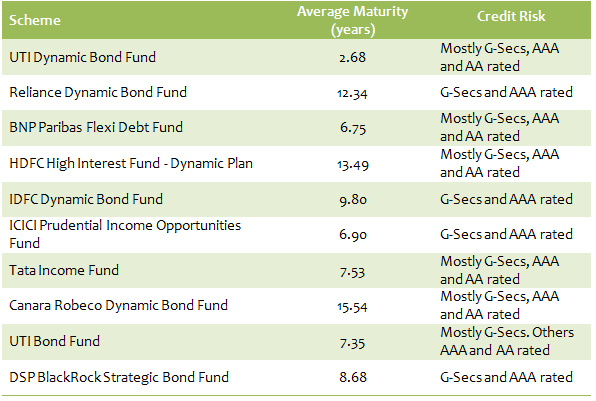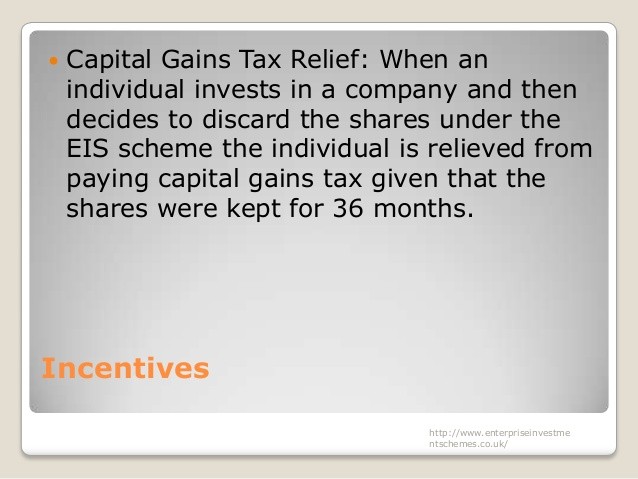Prajna Capital An Investment Guide Capital Gains Tax
Post on: 16 Март, 2015 No Comment

Capital Gains Tax
FY 2014-2015 has seen a good rally in the stock market and investors have made good money in shares. This also means that there may a need to pay some capital gain tax. Depending on the time frame of your investment, you may have to pay some capital gain tax.
As the end of the financial year approaches it is important for every individual to have a clear idea of the kind of capital gains and losses that they have earned over the financial year in the stock market. This will enable them to know the tax implication that will follow as they might have to pay quite some bit of tax this year around since there has been quite a rally in the equity markets. This is the reason why the individual has to take a careful look at the entire situation and then separate all the details in an effective manner. Here is how they can go about the entire process
Shares sold
The first thing to do is to check the list of the shares that the individual has sold during the year. This is significant because this represents the starting point of the entire exercise for the individual because a capital gains or loss arises only when the shares are sold and not when they are held. The process of sale puts other things into motion and this is something that will have to be watched. It also becomes easier for the individual to ensure that they are able to record the right details in their accounting because all that they have to do is to ensure that they look at the shares sold and then the tax impact for this would have to be considered.
Time period
The key part of the entire exercise is to see the time period for which the shares that have been sold have been held by the individual. This will determine the nature of the capital gain or loss because the tax impact will differ depending upon the time period for which the investment was actually held. This is important as the holding period of less than a year will make the investment a short term capital asset for the shares while a holding period of more than this will make the asset a long term capital asset.
Short Term Gains

 
One area that will need special attention from the investor is that of the short term capital gains that have been earned by them. This is because there can be a tax element that can arise on these gains. There is a short term capital gains tax of 15 per cent that the individual has to pay when they make gains from the sale of shares and hence this can give rise to an additional tax liability. There has to be a look at all the transactions of the individual and then one has to find out whether there is some net capital gains that have been earned. This is because if there is some short term capital loss then this would have to be set off against the gains that have been earned and the net figure would be the taxable one.
Long Term Loss
There is no tax on long term capital gains on shares but with this another point also needs to be known which is that if there is a long term capital loss then there is no use of this figure. The investor would have to ignore the long term capital loss because there is no gain which is taxable against which this can be set off. One has to remember that the long term capital loss cannot be set off against short term capital gains so there will be no reduction of the liability on that front. This should form the basis of the entire calculation that they will undertake and hence one has to keep this in mind.














